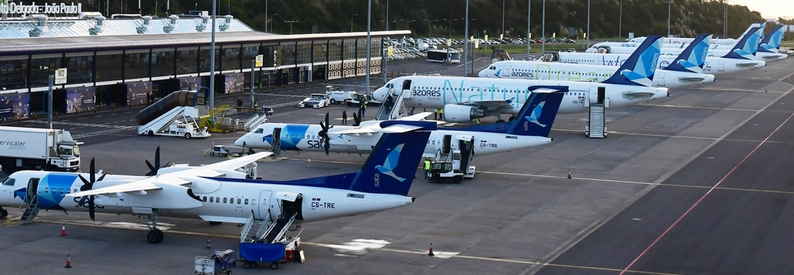Privatization of Azores Airlines Suspended Amid Political Turmoil

The Portuguese regional government of the Azores has decided to suspend the ongoing privatization processes for Azores Airlines, as well as hotels on the islands of Flores and Graciosa. The move comes in response to the current political situation in the archipelago, marked by the rejection of the region’s budget for 2024. José Manuel Bolieiro, the president of the Azorean government, called for early regional elections following the budget rejection, making the presentation of a new budget seem futile.
The Azores government, in a statement on December 5, cited the “blocked regional budget” and the likely dissolution of the regional parliament with the anticipation of early elections as reasons for the decision to suspend the sale tenders for privatization purposes. The privatization processes for Azores Airlines and the hotels on Flores and Graciosa will remain on hold until the political situation is clarified.
The privatization of Azores Airlines has faced challenges, with a public tender issued in March for the sale of a 51% to 85% stake in the airline. The deadline for bids was initially set for June 20 but was extended to July 31. Two bidders submitted proposals, prompting a suspension of the tender in early August to allow them to revise their bids. In October, one contender was instructed to adjust its proposal, while the other bid drew criticism from the Portuguese pilots union.
The suspension of the privatization processes adds uncertainty to the future ownership structure of Azores Airlines and raises questions about the impact of political developments on the archipelago’s strategic decisions. The outcome will depend on the resolution of the political situation and subsequent decisions regarding the regional elections and budget approval.
As the region navigates through political challenges, stakeholders, including potential investors, will closely monitor developments to assess the implications for Azores Airlines’ privatization and the broader economic landscape in the Azores.
